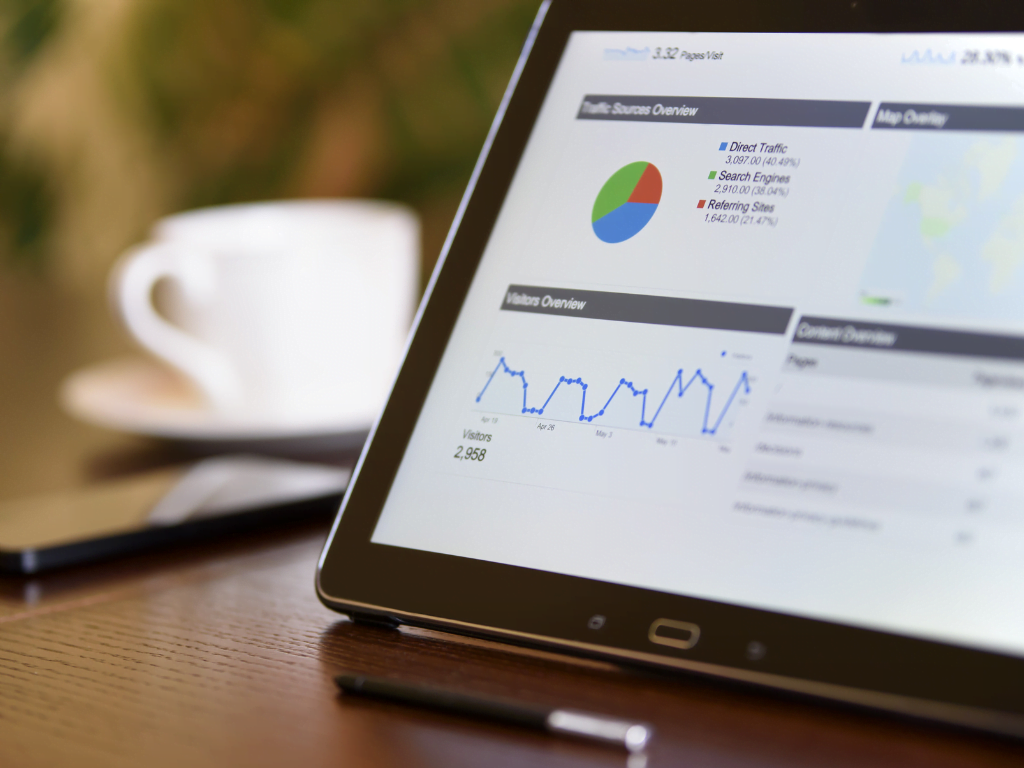In the ever-evolving digital landscape of 2025, businesses in Australia and beyond are constantly seeking innovative ways to stand out online. Amidst the noise, one strategy continues to reign supreme: blogging. But why exactly has blogging become such a powerhouse for SEO and brand visibility? Let’s dive into the transformative impact of consistent, high-quality blogging on your digital presence.
Why Your Business Can’t Afford to Ignore Blogging in 2025
Picture this: You’re a small business owner in Sydney, struggling to gain traction online. Your competitors seem to be everywhere, while your website languishes on page five of Google search results. Sound familiar? You’re not alone. But here’s the good news: implementing a strategic blogging approach could be the game-changer you’ve been searching for.
How Does Blogging Boost Your SEO Rankings?
When it comes to climbing the SEO ladder, blogging is your secret weapon. Here’s why:
- Increased Indexed Pages: Websites with blogs have a staggering 434% more indexed pages compared to those without. Each blog post is a new opportunity to rank for multiple keywords, significantly expanding your digital footprint.
- Fresh Content Signals: Regular blogging signals to search engines that your website is active and relevant. This increased crawl rate can lead to faster indexing and improved rankings.
- Long-Tail Keyword Targeting: Blog posts allow you to naturally incorporate long-tail keywords that your main service pages might not. For instance, a plumbing company in Melbourne could target phrases like “how to fix a leaky tap in winter” or “common boiler issues in older homes”.
- Internal Linking Opportunities: A robust blog provides ample opportunities for strategic internal linking, guiding visitors (and search engines) through your site’s structure.
What Impact Does Blogging Have on Brand Visibility?
Blogging isn’t just about pleasing algorithms; it’s a powerful tool for building your brand:
- Establishing Authority: By consistently sharing valuable insights, you position your brand as a trusted industry authority. This is particularly crucial in 2025, where Google’s E-E-A-T (Experience, Expertise, Authoritativeness, and Trustworthiness) principles play a significant role in rankings.
- Increased Social Sharing: Blog posts are more likely to be shared on social media compared to static product pages, amplifying your reach organically.
- Community Engagement: Blogs provide a platform for interaction through comments and discussions, fostering a sense of community around your brand.
- Addressing Customer Needs: By creating content that answers common customer questions, you’re not only improving SEO but also demonstrating your understanding of your audience’s needs.
How Can Blogging Drive Conversions and Lead Generation?
While visibility is crucial, the ultimate goal is to convert that attention into tangible business results:
- Nurturing the Buyer’s Journey: Well-crafted blog content can guide potential customers through awareness, consideration, and decision stages, priming them for conversion.
- Email List Growth: Offering valuable blog content can encourage visitors to subscribe to your email list, providing a direct channel for future marketing efforts.
- Showcasing Expertise: Detailed, informative blog posts build trust, making potential customers more likely to choose your products or services when they’re ready to buy.
- Improved Conversion Rates: Businesses that prioritise blogging see significantly higher conversion rates compared to those that don’t, as informed customers are more likely to make purchases.
What Are the Key Elements of a Successful Blog Strategy in 2025?
To maximise the benefits of blogging for SEO and brand visibility, consider these essential components:
- Consistency is Key: Aim to publish new content at least twice a week to maintain momentum and keep your audience engaged.
- Quality Over Quantity: While regular posting is important, never sacrifice quality. Each post should provide genuine value to your readers.
- Keyword Research: Use tools like SEMRush or Ahrefs to identify relevant keywords, including long-tail variations, and incorporate them naturally throughout your content.
- Optimised Structure: Use clear headings, subheadings, and bullet points to make your content easily scannable for both readers and search engines.
- Multimedia Integration: Incorporate images, videos, and infographics to enhance engagement and provide additional SEO opportunities through alt text and descriptions.
- Mobile Optimisation: Ensure your blog is fully responsive and loads quickly on mobile devices, as this is crucial for both user experience and SEO.
- Strategic Promotion: Leverage social media and email marketing to amplify your blog content’s reach beyond organic search.
How Can You Measure the Success of Your Blogging Efforts?
To ensure your blogging strategy is delivering results, monitor these key metrics:
| Metric | What It Measures | Why It’s Important |
|---|---|---|
| Organic Traffic | Visitors from search engines | Indicates SEO effectiveness |
| Engagement Rate | Time on page, pages per session | Shows content quality and relevance |
| Conversion Rate | Actions taken by visitors | Measures business impact |
| Keyword Rankings | Position in search results | Tracks SEO progress |
| Backlinks | External sites linking to your blog | Indicates content value and authority |
Regularly reviewing these metrics will help you refine your approach and maximise the ROI of your blogging efforts.
Conclusion: Harnessing the Power of Blogging in 2025
As we navigate the digital landscape of 2025, the importance of blogging for SEO and brand visibility cannot be overstated. By consistently producing high-quality, strategic content, businesses can significantly boost their online presence, establish authority in their industry, and drive meaningful conversions.
Remember, successful blogging is a marathon, not a sprint. It requires dedication, strategic planning, and a deep understanding of your audience’s needs. But for those willing to invest the time and resources, the rewards are substantial: increased visibility, enhanced brand authority, and a robust platform for long-term business growth.
How often should I update my blog for optimal SEO benefits?
For optimal SEO benefits, aim to update your blog at least twice a week. Consistency is key in signaling to search engines that your site is active and relevant.
Can blogging really improve my website’s search engine rankings?
Absolutely. Websites with blogs have 434% more indexed pages and receive 97% more links, significantly boosting their search engine visibility and rankings.
How long should my blog posts be for maximum SEO impact?
While there’s no one-size-fits-all answer, longer, more comprehensive posts (1000-2000 words) tend to perform better in search rankings. However, quality and relevance should always be prioritised over word count.
Is it worth investing in professional blog writing services?
If you lack the time or expertise to maintain a high-quality blog, investing in professional writing services can be highly beneficial. It ensures consistent, well-optimised content that can drive significant SEO and brand visibility improvements.
How can I measure the ROI of my blogging efforts?
Track key metrics such as organic traffic growth, engagement rates, conversion rates, and keyword rankings. Tools like Google Analytics, Google Search Console, and SEO platforms can provide valuable insights into your blog’s performance and impact on your business goals.




